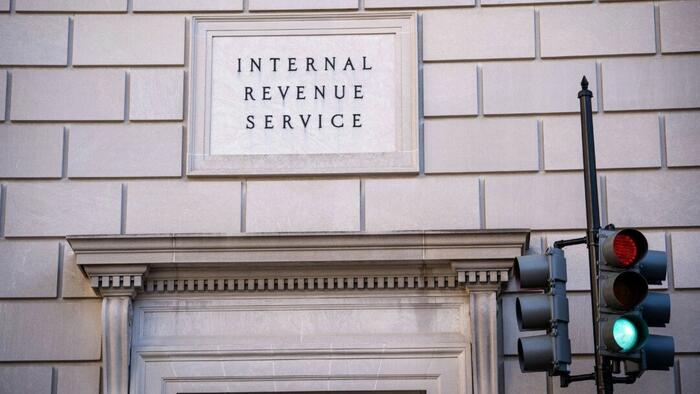The Internal Revenue Service (IRS) reinstated the reporting threshold for Form 1099-K to its pre-2021 levels on October 23, 2023. This decision comes under the provisions of the One Big Beautiful Bill Act, reversing the lower thresholds set by the American Rescue Plan Act during the Biden administration.
Form 1099-K is essential for individuals engaged in gig work or selling goods online. Third-party settlement organizations (TPSOs) such as Amazon, eBay, PayPal, and Venmo are required to issue this form to both the IRS and taxpayers. It details the total payments received for goods and services. Under the restored regulations, TPSOs must now issue Form 1099-K only if both of the following conditions are met: gross payments exceed $20,000 and the number of transactions surpasses 200.
Return to Previous Standards
Prior to 2021, the IRS mandated that TPSOs issue Form 1099-K only when sellers received over $20,000 and completed more than 200 transactions in a year. The American Rescue Plan Act reduced this threshold to $600, a move that faced significant backlash. Critics argued that the new limit would inundate casual sellers with excessive paperwork and compliance burdens.
The IRS initially proposed a phased approach for the lower threshold, suggesting limits of $5,000 in 2024 and $2,500 in 2025, ultimately reaching the $600 threshold in 2026. However, the enactment of the One Big Beautiful Bill Act, signed by President Donald Trump on July 4, 2025, permanently repealed these reductions.
Clarifying Tax Obligations
The IRS clarified that while the reporting threshold determines who receives a Form 1099-K, it does not affect the taxability of income. According to the agency, “All income, no matter the amount, is taxable unless the tax law says it isn’t—even if you don’t get a Form 1099-K.” This includes income derived from cash, property, or services exchanged for goods or labor.
The Coalition for 1099-K Fairness, which advocates for small businesses and payment platforms, welcomed the reinstatement of the previous threshold. The coalition argued that the $600 requirement posed a significant risk of overwhelming small businesses and individuals using payment applications with confusing tax forms and unnecessary scrutiny.
The IRS fact sheet also emphasizes that personal transactions, such as gifts, reimbursements, or shared expenses, should not trigger Form 1099-K reporting. Examples include splitting a meal bill, receiving birthday money, or being repaid by a roommate for shared expenses. Taxpayers are encouraged to label these transactions as “non-business” within payment apps whenever possible.
For those who receive a Form 1099-K in error, the IRS advises contacting the issuer for a correction. It is essential to retain the original form and any related correspondence for record-keeping. Taxpayers should file their returns on time, even if a corrected form is not available before the deadline.
The IRS’s decision to return to the pre-2021 threshold aims to simplify the reporting process for millions of taxpayers and reduce administrative burdens for both individuals and the IRS itself.
